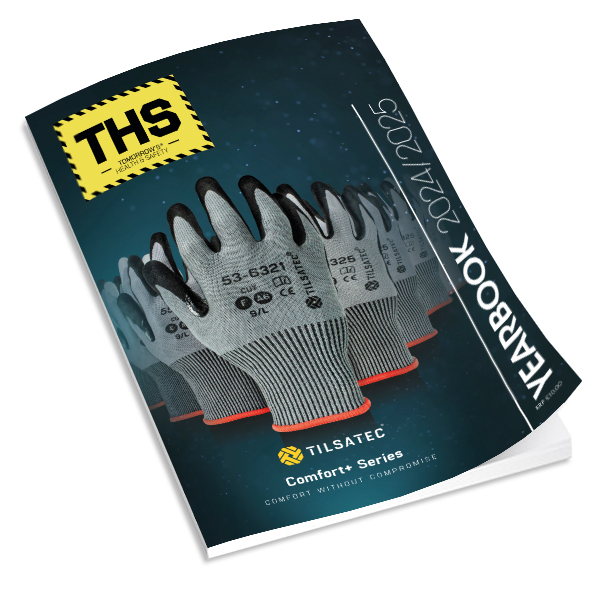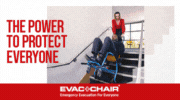Seven in ten UK adults would avoid visiting eateries if their first impression didn’t make them feel safe, according to a new study.
In research commissioned by specialist hygiene services provider Citron Hygiene, 67% of UK adults say they are more afraid of germs and conscious of hygiene now than before the coronavirus pandemic, and more than seven in ten (73%) are now washing their hands more frequently than before.
Unsurprisingly, the public are demanding more visible hygiene solutions at cafes, bars and restaurants since the outbreak. Almost half (46%) of respondents want to see readily-available hand sanitiser before they would consider revisiting post-lockdown, while 43% of people would like clear and visible signs of washroom cleaning.
The survey also found that almost a quarter (23%) of UK adults will not return to their favourite café, bar or restaurant until coronavirus is defeated.
Robert Guice, Executive Vice President of International at Citron Hygiene said: “The coronavirus pandemic has significantly shifted people’s attitudes towards hygiene. The way we live our lives and socialise with others has changed radically, with the awareness and protection of personal hygiene being put under the microscope more than ever before.
“Our study shows that a large proportion of people are still anxious about revisiting their favourite hangouts and would like to see numerous hygiene measures implemented before they would return.
“As lockdown restrictions continue to ease, providing solutions to maintain healthy and clean spaces must be a number one priority for businesses that want to reassure and re-attract guests.”
For many, it’s the need to use a public toilet that makes or breaks their decision to visit their favourite bar or restaurant, with 45% saying it’s a key factor.
However more than half (51%) of those surveyed would feel more comfortable if hand sanitiser was readily available after using washrooms, and 44% would like to use products to clean surfaces with – such as toilet seat wipes.
But some respondents want to see businesses go even further. More than one-quarter (29%) of Brits would like to see air cleaning systems installed to remove airborne bacteria, while three in ten would prefer a permanent toilet attendant in place to clean surfaces after use.
Robert Guice continued: “It’s no surprise that the pandemic has led to greater scrutiny on washroom hygiene from the public. While businesses should always make hygiene a priority, there is now an even greater imperative to make customers feel safe and confident, and finding the right solutions to do that will be key to reviving footfall, and getting hospitality businesses booming again.
“For many businesses, washrooms will now become a central part of their operation. Visible signs of regular cleaning and maintenance will be vital for their reputation and responsibility to help control the spread of infection.”
Personal hygiene is also a bigger priority for Brits nowadays, too, as the research showed people are spending more time washing their hands – likely to be a result of the government hand-washing campaign. Respondents on average now wash and sanitise their hands eight times a day, compared to just five times before. More than two-fifths (44%) say they now carry hand sanitiser when they go out, and more than a quarter (27%) sanitise items they’ve bought, including grocery shopping.
More than half (53%) said that regular cleaning of public spaces would make them most comfortable when out in public, while 36% would prefer to see a consistent wearing of personal protective equipment, including gloves and facemasks.
It also emerged more than a quarter (27%) are fearful of returning to their place of work but would feel more confident if their workplace provided personal sanitiser bottles to staff, surface wipes and ensured that staff toilets were regularly cleaned.






















